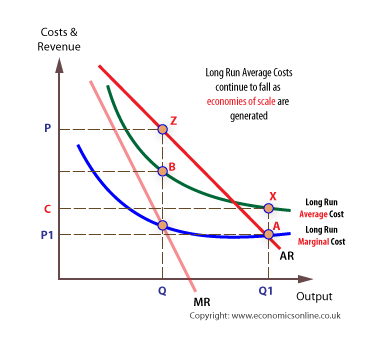What is Accrual Accounting? Accruals Explained
The invoice from the bank for $3,000 in interest expense does not arrive until the following month, so the company accrues the expense in order to show the amount on its income statement in the proper month. Some businesses must account for accrued income and expenses when submitting their end-of-year tax returns. This method allows the current and future cash inflows or outflows to be combined to give a more accurate picture of a company’s current and long-term finances. Whether an accrual is a debit or a credit depends on the type of accrual and the effect it has on the company’s financial statements.
Similarly, the salesperson who sold the product earned a commission at the moment of sale (or delivery). The company will recognize the commission as an expense in its current income statement, even though the salesperson will actually get paid at the end of the following week in the next accounting period. The commission is also an accrued liability on the balance sheet for the delivery period, but not for the next period when the commission (cash) is paid out to the salesperson.
The Accrual Method of Accounting
This method arose from the increasing complexity of business transactions and a desire for more accurate financial information. Selling on credit, and projects that provide revenue streams over a long period, affect a company’s financial condition at the time of a transaction. Therefore, it makes sense that such events should also be reflected in the financial statements during the same reporting period that these transactions https://accounting-services.net/examples-of-assets-accountingtools/ occur. Accrued revenues refer to the recognition of revenues that have been earned, but not yet recorded in the company’s financial statements. In the accrual method of accounting, businesses will report income in the year it is earned, while expenses will also be recorded in the year they were incurred. The purpose of accruals is to ensure that businesses match their income and expenses accurately within an accounting year.

Harold Averkamp (CPA, MBA) has worked as a university accounting instructor, accountant, and consultant for more than 25 years. Our mission is to empower readers with the most factual and reliable financial information possible to help them make informed decisions for their individual needs. We follow strict ethical journalism practices, which includes presenting unbiased information and citing reliable, Accruals Definition attributed resources. Our team of reviewers are established professionals with decades of experience in areas of personal finance and hold many advanced degrees and certifications. These examples are programmatically compiled from various online sources to illustrate current usage of the word ‘accrual.’ Any opinions expressed in the examples do not represent those of Merriam-Webster or its editors.
Accruals Example — Accrued Expense
Accruals do come with several pros and cons, but the main issue is the degree of accuracy involved. This information should always be used alongside other performance metrics to provide an accurate picture for investors. Accrued revenue and expenses can be manipulated, which means that net income may not always accurately represent how profitable a business is. Accruals also make it more difficult to track both current and past performance metrics because investors will have to rely on estimates until these transactions actually occur for real.
What is the purpose of accruals?
Accrual accounting gives a more accurate, real-time view of a company's finances. Many financial transactions are completed through credit or invoicing at a later date. With accrual accounting, these future payments (made or received) are recorded when the service happens or the good is delivered.
